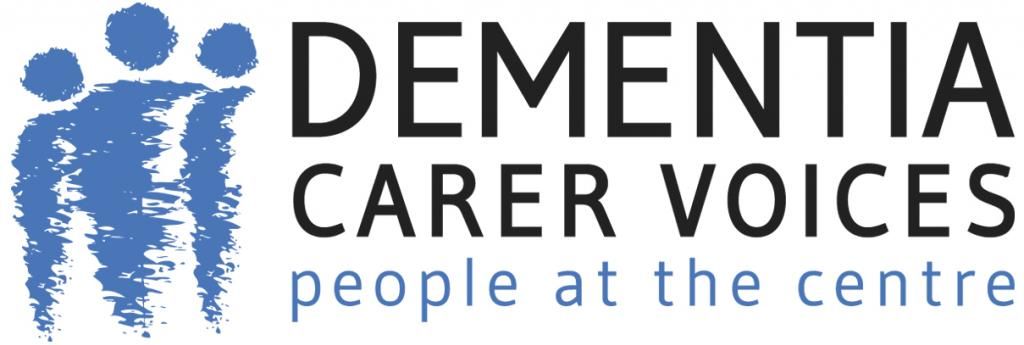We are kicking off the week with a guest blog from Dr Claire L Copeland, Consultant Physician in Care of the Elderly and Stroke Medicine at Forth Valley Royal Hospital. You can follow Claire on Twitter at @Sparklystar55 Lets see what Claire has to tell us….
American Delirium Association Conference, 4 – 6th June 2017
Nashville
This was my first American Delirium Association conference (#ADS2017). Making it more exciting was the prospect of visiting Nashville, the home of country music (I’m a huge Garth Brooks fan but don’t tell anyone……!) A pre conference educational workshop was held on the Sunday. The basics of delirium education were gone over from its definition to what causes it.
Dr Heidi Smith spoke about how delirium ‘is often invisible’ in the sleepy person. This was later described as ‘pathological sleepiness’. You see the concept of describing a person as ‘a bit quiet’ or ‘not quite themselves’ is woefully inadequate. Many fail to appreciate that brain neurones (cells) are slowly dying.
Now imagine that same person has dementia. You want that person to hold on to as much brain function for as long as possible right? Well, the longer a delirium goes undetected the more harm it can do. The less likely they are to come back to their normal pre delirious selves. We already know that delirium accelerates cognitive decline and yet we remain poor at recognising and treating it.
Heidi went on to describe how the delirium assessment is a bit like ‘knocking on the door’ of the person’s brain. Are the lights on or off?
We learned that all kinds of things go wrong inside the house (or brain) of the delirious person. The brain is wonderfully complex however when the fog of delirium sets in it all goes a bit haywire. There can be too much of certain brain chemicals making it a bit excitable when it wants to be calm. It also doesn’t have enough of the calming chemicals to counteract this effect either.
With this in mind is becomes obvious why we should be describing the person with delirium as suffering acute brain dysfunction and not as often happens as ‘pleasantly confused’.
There is nothing pleasant about delirium.
While much of the conference focused on older people it is important to remember that delirium can affect people of any age. We were shown videos of a toddler with a delirium (the sleepy, hypoactive kind). We were also made aware of the shocking statistic that only ~40% of people (mean age 59yrs) get back to work after an intensive care admission complicated by delirium.
The talk that had the biggest impact on me came from a older gentleman who described his experience of hospital acquired delirium. When asked what could we, as healthcare professionals, do better? His answer was simple ‘come into my world’.
That for me summed up the conference. For 3 days we came together from all corners of the world to try to better understand what causes delirium and what we could do to make it better.
Some of this is a need for more research.
Much of it is simple awareness and education. This education is not just for healthcare professionals either. Families and carers of those with dementia need to know about delirium as soon as they are told of the diagnosis. We need to involve them in sharing their experience, to be able to enter their world and ensure that we are doing everything we can to make it better.
We need every healthcare institution to have a robust training and education program for its staff. We also need all our undergraduate medical, nursing and AHP schools to embed delirium into their curriculum.
You too can make a difference. World Delirium Day (#WDAD2018) is happening on14th March 2018 and I’d encourage every one of you to get involved. Share your experience and ideas by emailing or tweeting me. Ask your place of work what they’re doing to raise awareness of delirium.
Let’s think delirium!






No comments:
Post a Comment
Thank you for leaving a comment at the tommyontour blog. Your comment will be moderated and published very soon.